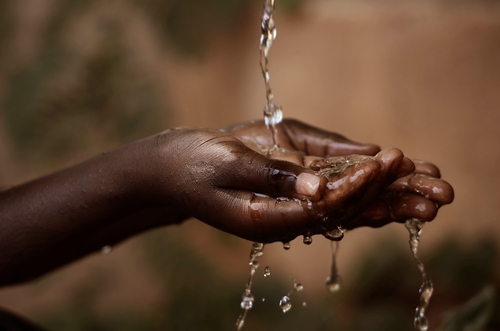
Water for society – Including all
World Water Week, the leading annual event on global water issues, was held in Stockholm from August 25-30, 2019. https://www.worldwaterweek.org World
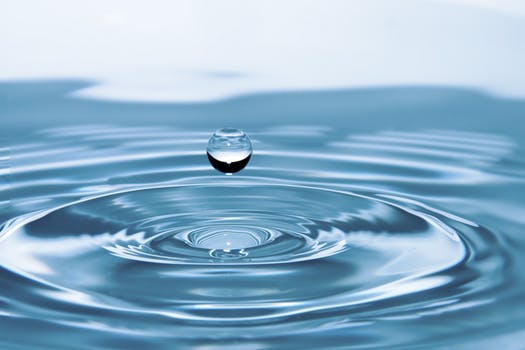
Share with Friends

There are many options on the market to produce “clean” water. Here are some of them and why your own water filter and ionizer ranks best.
Mountain stream
Twenty years ago, everyone on canoe, hiking and backpacking trips drank directly from lakes, streams and rivers but that may not be the best idea according to the experts. Waterborne diseases like giardia and cryptosporidium are two of the most common parasites that cause significant gastrointestinal illnesses that can be fatal. To be on the safe side it’s still best to purify water in the wild before drinking.
Tap Water
It’s free and convenient but what’s in your tap water and why is it bad for your health? In urban centres tons of sediment rush of our roads and buildings every time it rains and rushes into our storm sewers and then into the river. That sediment contains pollutants such as road salt, heavy metals from vehicles, animal feces, antifreeze, vehicle exhaust, garbage and dirt. While chlorine may kill most of the bacteria in drinking water, it’s at a cost. Studies have found that chlorine itself is not the main problem rather chlorination by-products are possible causes of cancer. In addition, tap water has been shown to contain traces of pesticides, arsenic, pharmaceuticals, antibiotics, hormones and painkillers as well as fluoride, which has been shown to have an adverse effect on thyroid function and poses a rise to kidney patients.
Bottled water
Bottled water is not regulated in Canada. Although it might be purified, generally it is just tap water and is the most expensive choice when it comes to clean water. Bottled water also contributes enormously to landfill and is an environmental burden. It takes three times as much water to make a plastic bottle as it does to fill it. BPA and other plastic materials have contributed not only to breast cancer, but also testicular cancer and prostate cancer and are known hormone disrupters.
Water vending machines
Because these machines are not regulated in Canada it’s impossible to know if they are being regularly maintained and in fact what the water contains. What kind of filters are the machines using and do they inspect and change the filters regularly? If not, water vending machines can lead to contamination with unhealthy bacteria and fungi!
Fridge water dispensers
These systems filter water and chill it, which sounds quite convenient. However, drawbacks are that they tend to break down a lot. Repairs could set you back a few hundred bucks, including the cost of the service call. They reduce the capacity of the fridge quite significantly while increasing the price. The systems are only as good as the filters themselves and you might have a more limited selection than with a freestanding unit.
Distilled water
Distilled water is purified water that has undergone a process of boiling and condensing into a clean steam. The distillation process removes pesticides, herbicides, organic and inorganic chemicals and heavy metals. It also removes naturally occurring minerals, is acidic and is described as having a flat taste. It usually comes in plastic containers, many of which are not BPA free and can contribute to a staggering number of health problems.
Filtered water
An increased intake of pure, healthy water will enhance nutrient absorption, weight loss, skin hydration, detoxification and overall health. Filtered water is more affordable than bottled water and is much better for the environment. Filtered water removes cryptosporidium and giardia from drinking water helping to reduce the risk of gastrointestinal disease by more than 33%. Water filters are the last line of defense between the body and over 2,000 known toxins that your municipalities may not be eliminating. Filtered water tastes better than tap water so you’re more likely to drink more of it! Hands down it’s your best choice for your health, your pocketbook and for the environment.
Share with Friends

Julia Abelsohn is a writer, editor and clinical aromatherapist. She has been sharing her expertise and passion for health and wellness for over 25 years. When not at her desk she can be found exploring the many trails and green spaces near her home in Edmonton, Alberta.
Featured
Drink healthy, hydrogen-enriched water on the go with the AOK 808
The only USA-made water ionizer filter that has certified independent test results for reducing 172 contaminants by 99.9%.
World’s most advanced natural filter, alkalizer, ionizer and hydrogen system all in one affordable package.
Follow Us
Latest Posts

World Water Week, the leading annual event on global water issues, was held in Stockholm from August 25-30, 2019. https://www.worldwaterweek.org World
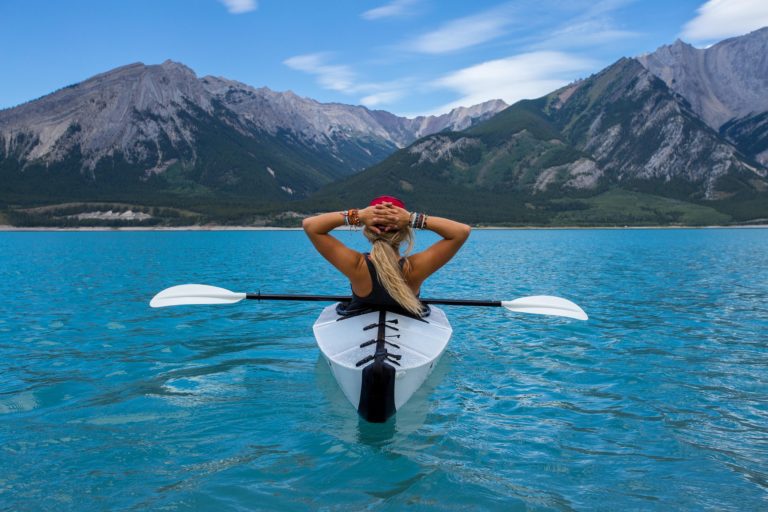
It’s Saturday morning, the sun is shining and it’s a perfect day to go out for a paddle. You grab
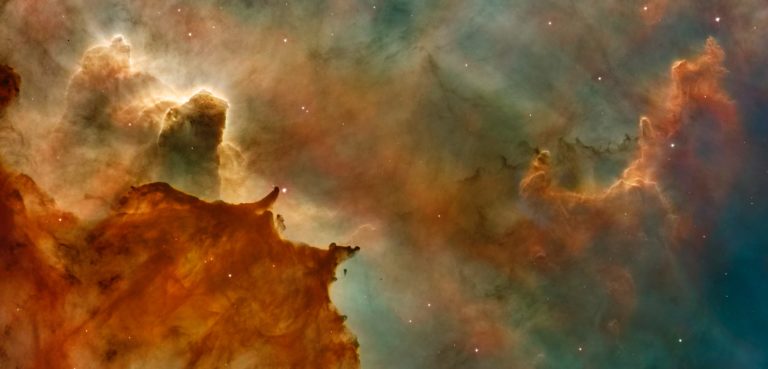
Since time immemorial scientists, philosophers and even us mere mortals have asked the question: are we alone in the universe?
Popular Posts
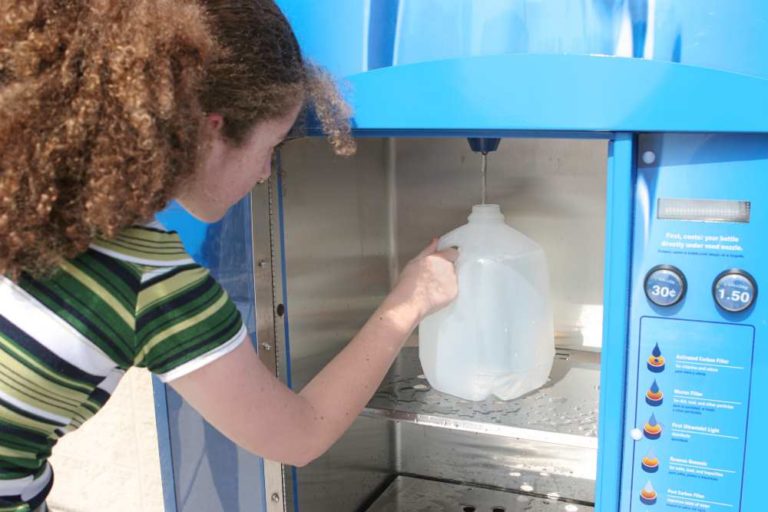
Water vending machines are as common in grocery stores as ATM machines but what kind of water are they really
For over 20 years, thousands of customers worldwide rely on Best Water for our excellent one-to-one support, high quality water ionizer products and competitive pricing. If you have any questions at all please call us. Our experienced techs are ready to help! Learn more about us.
© 2019 Best Water Inc. All Rights Reserved. Website & Branding by Elite Web Design